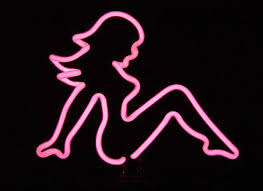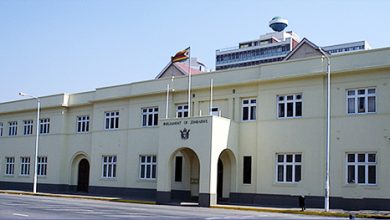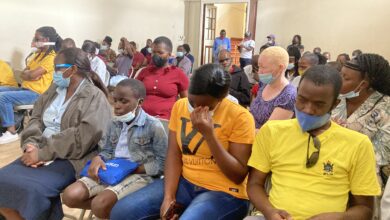Police block Gukurahundi memorial event
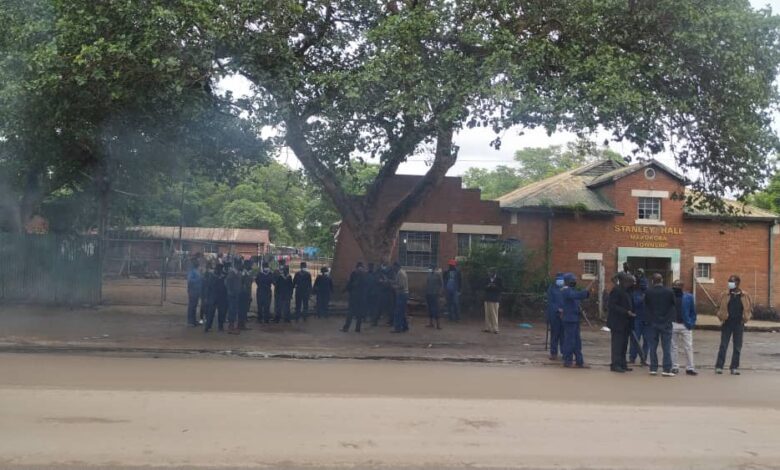
Police in Bulawayo, Wednesday blocked a Gukurahundi commemorative event held by Ibhetshu LikaZulu at Stanley Square.
The annual event is held on December 22, to remember the victims of the 1980s Gukurahundi atrocities.
The activists had planned to march from Stanley Square to the Joshua Nkomo statue in the city centre but police details were deployed to block the event.
On this day in 1987, the late Zapu leader Joshua Nkomo signed the Unity Accord with the late Zanu PF leader Robert Mugabe.
The accord also saw an end to the state-sponsored Gukurahundi massacres in the Matabeleland region and parts of Midlands province.
Over 20 000 people were reportedly massacred during this period.
This year’s commemorations were held under the theme: “Can there be healing without truth-telling and justice?”
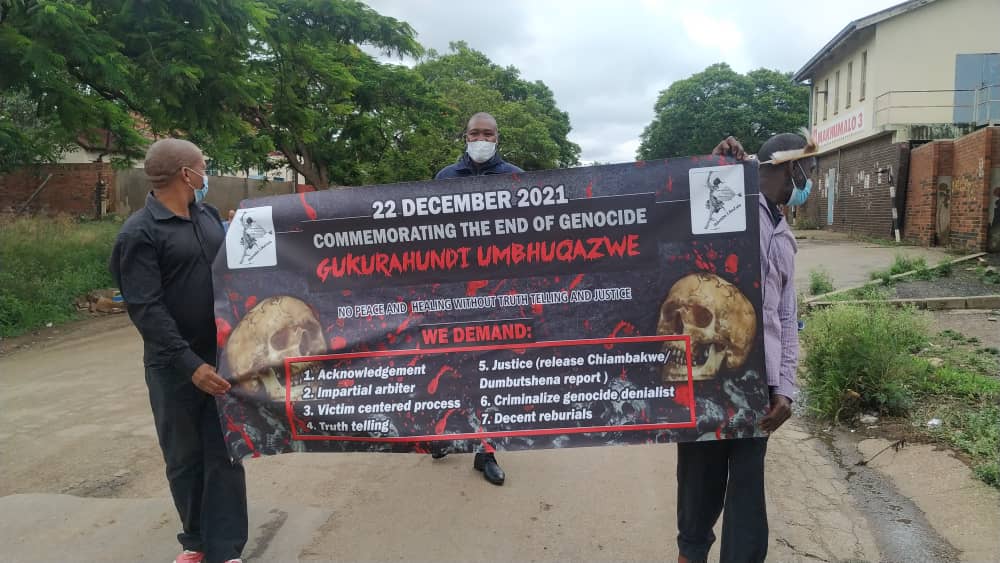
Ibhetshu LikaZulu Secretary-General Mbuso Fuzwayo told CITE in an interview that they were not surprised by the police conduct.
Fuzwayo said such action expose the lack of sincerity in the Emmerson Mnangagwa led government to resolve the emotive issue.
“We are not surprised by the conduct of the police. They are part of the security forces that were responsible for the genocide. It is sad that President Emmerson Mnangagwa always reiterates that people can now discuss openly about Gukurahundi but every time when we hold commemorations they come and block us. However, that is not going to stop the people from holding such events,” he said.
Human Rights activist and political analyst, Effie Ncube, who was part of a delegation that held the commemorations in Gwanda said they had a fruitful engagement and the victims were very clear on how they feel about their departed loved ones.
Ncube said the victims from Gwanda explained that for them, Unity Day is not a day for celebrations but one to mourn to the departed souls.
“Our commemorations in Gwanda rural went well. The turnout shows the commitment they have towards commemorating the lives of their loved ones who departed. From the engagements we had with the victims, they were clear that to them December 22nd is not a day for celebrations, drinking or playing soccer,” he said.
“To them it is a day for remembrance, a day to commemorate the lives of those who were butchered, to reminisce and introspect. These people went through so much pain during the Gukurahundi era and such platforms are so sacred to them because they help to deal with their pain.”


